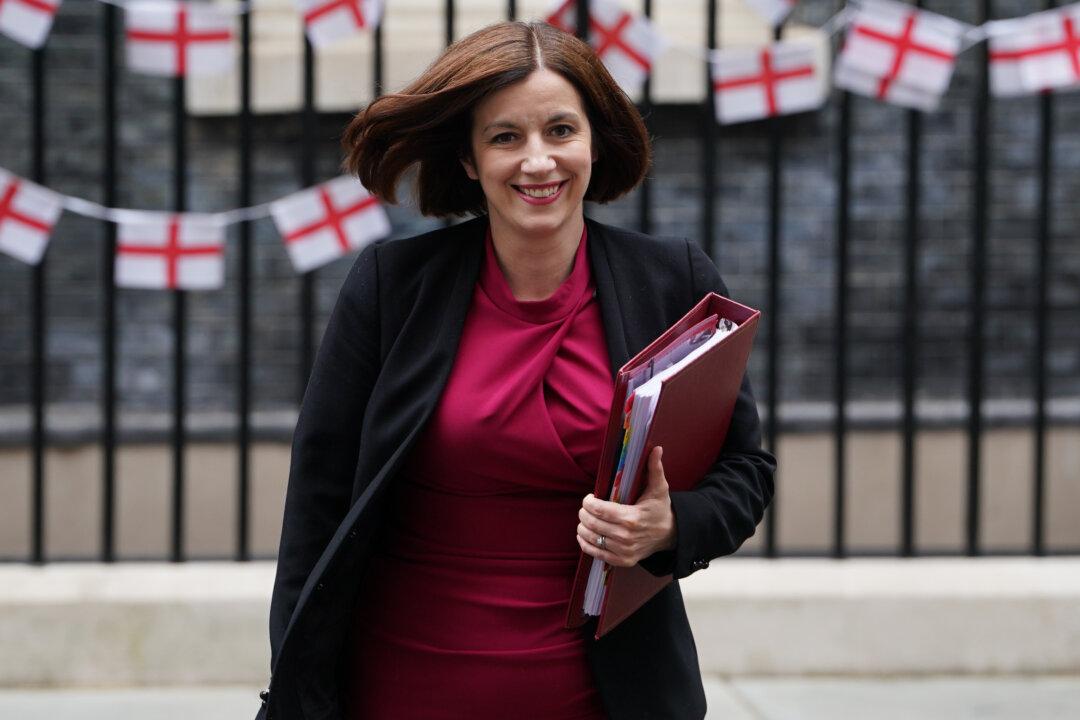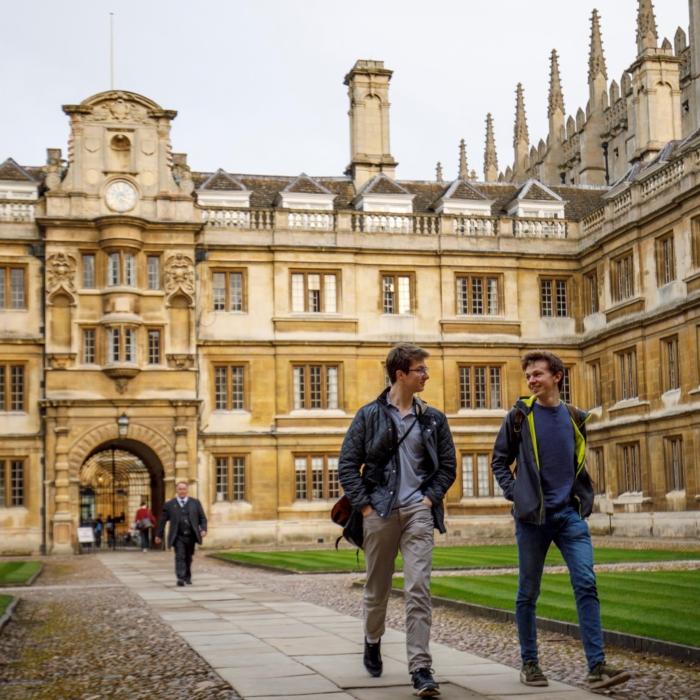The Labour government has announced that it is revoking a free speech law for university campuses just days before it was set to be enacted.
The Higher Education (Freedom of Speech) Act, created by the former Tory government, introduced new duties on universities, colleges, and their student unions to strengthen free speech and academic freedom.
However on Friday in a statement, Education Secretary Bridget Phillipson said the decision to drop the law reflects “widespread concern that the legislation is disproportionate, burdensome and damaging to the welfare of students while not addressing hate speech on campuses.”
‘Political Battlefield’
“For too long, universities have been a political battlefield and treated with contempt, rather than as a public good, distracting people from the core issues they face,” said Ms. Phillipson.She said that the move “will sharpen the focus of the Office for Students, with greater emphasis on ensuring the financial stability of the sector.”
‘Complete Intolerance of Opposing Ideas’
The act was meant to give an enhanced role for the Office for Students, the independent regulator of higher education in England, in promoting free speech.The legalisation would have required institutions to take steps to promote free speech within the law, rather than just to secure it.
The former government said that British institutions had been fostering a “complete intolerance of opposing ideas,” and that legislation “with teeth” was needed.
It had appointed Cambridge academic Arif Ahmed as its free speech tsar who had warned last October that “there are now persistent and widespread concerns that many in higher education are being silenced, either by the activity of the university or by its inactivity. And that silencing may fall disproportionately on those who are most vulnerable.”
‘Shocking’
The Free Speech Union (FSU) said that it will fight the decision.FSU founder Toby Young told The Epoch Times by email that the government’s “attack on the Freedom of Speech Act is shocking.”
“If Labour refuses to commence legislation passed in the last Parliament, the Free Speech Union will bring judicial review proceedings,” he said.
Cultural Struggle
Founder and director of the campaign group Academics For Academic Freedom (AFAF), Dennis Hayes, told The Epoch Times by email that the fight for “free speech is never-ending.”Since 2006, AFAF has recorded examples of protests, “no-platforming,” sackings, and resignations that have resulted in the restriction of freedom of speech on campuses across Britain and Ireland.
“The decision was entirely predictable but shocking to many individuals and groups who had vested five years of work into building the act,” he said.
Mr. Hayes said that AFAF’s members have different views on the need for and the possible effect of the legislation, but “we all agree that whatever happened under the new government the struggle for free speech on campus must continue.”
“This is a cultural struggle that challenges individual academics to have the courage to stand up for free speech in whatever ways they can, no matter what government is in power. We are pleased that we have branches in 30 universities, and more are being founded, that can fight for free speech at individual universities,” he said.
“Fighting for free speech is never-ending and things may get worse,” he added.
“If, or when, the government introduces new legislation on race, Islamophobia and other diversity, equity, and inclusion issues, this will certainly suppress free speech as it will make criticising certain views more difficult. Such criticism will require academics to speak up ‘against the law,’” he said.
‘Anti-Semitic Extremists’
The Labour government said that groups representing Jewish students expressed concerns that sanctions could lead to “providers overlooking the safety and well-being of minority groups.”Supporting the government’s decision, Phil Rosenberg, president of the Board of Deputies of British Jews, said in a statement, “The Union of Jewish Students has been clear that the act, while well-intentioned, risked enabling anti-Semitic extremists to access university campuses by severely impacting the ability of universities to block their presence.”
“This halt will enable the government to consider how to ensure that freedom of speech is protected without allowing free rein to purveyors of hate speech,” he added.






